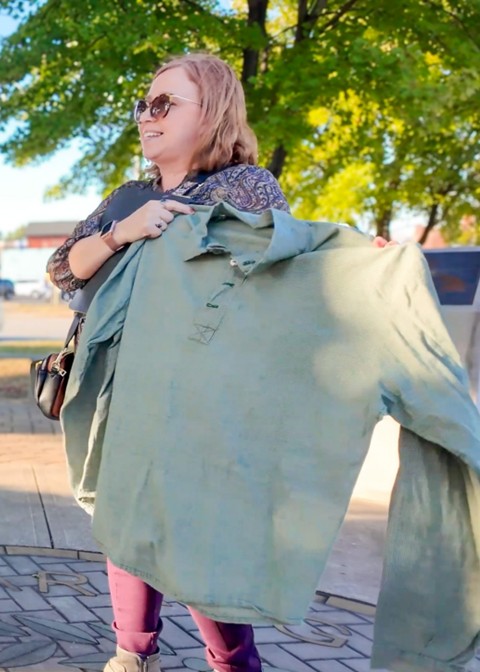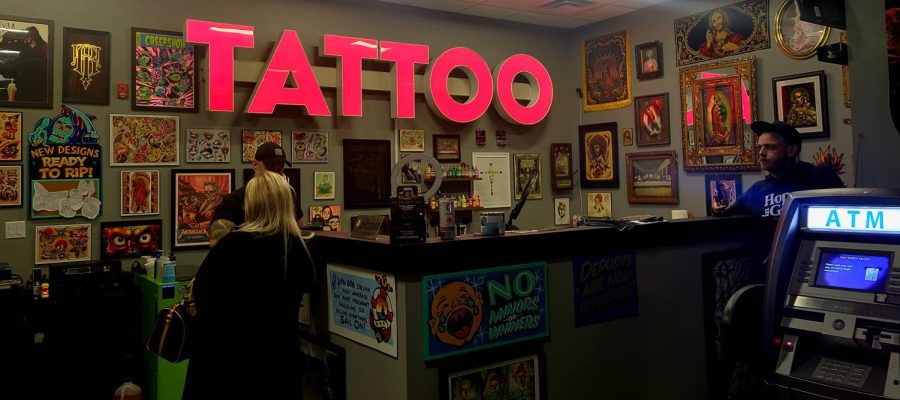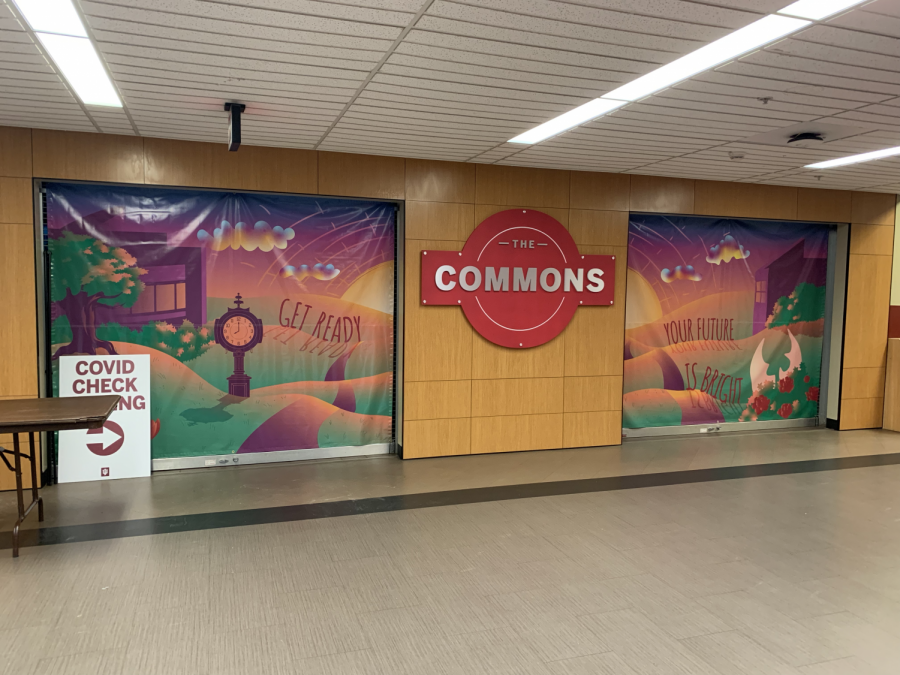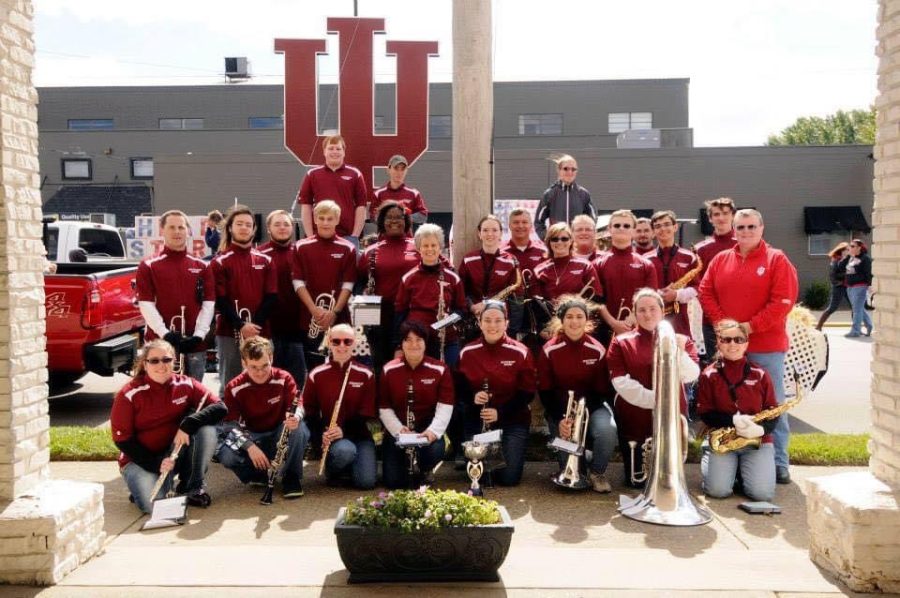Being thrown off a bus or kicked out of a restaurant simply because a person is different may seem like distant history to many Americans. Laws protecting against discrimination based on sexual orientation and gender identity, however, only exist in five cities in Kentucky and eight in Indiana.
“New Albany quietly passed a fairness ordinance in 2011, making it the most recent city in Indiana… In most places in Kentucky and Indiana, lesbian, queer, bisexual and transgender (LGBT) individuals can still be denied public accommodations,” said Chris Hartman, director of the Fairness Campaign.
The Fairness Campaign, founded in 1991, is Kentuckiana’s oldest LGBT civil rights operation and one of many organizations engaged in LGBT activism.
The organization advocates for community anti-discrimination laws and an eventual adoption of a statewide equivalent.
In 1999, Louisville became the first of Kentucky’s cities to pass a fairness ordinance.
It included protection for both sexual orientation and identity, making it one of the most progressive and comprehensive of its kind.
At that time, even in large metropolitan areas like New York City, legislation protecting against discrimination only included sexual orientation.
Shortly after the ordinance passed in Louisville, Lexington and Covington also adopted similar measures. Another 10 years would pass before the state’s next success, when the small eastern Kentucky city of Vicco became the smallest town in the United States to ban discrimination based on sexual orientation and identity earlier this year.
Frankfort, the state’s capital, also passed a fairness ordinance in late August of this year.
The small Appalachian cities of Berea and Morehead are both slated to have votes before the end of the year, Hartman said. If both ordinances pass, the number of cities in Kentucky with fairness protection will have more than doubled in 2013.
While the organization has seen numerous successes in Kentucky this year, Hartman says Indiana is preparing for a battle of its own.
Conservative lawmakers plan to propose an amendment to the state constitution in the 2014 election to ban gay marriage and also prohibit any form of civil unions.
Freedom Indiana is a bipartisan coalition with the mission of defeating the ballot initiative.
Hartman said while every anti-LGBT measure was voted down in the 2012 election and he thinks Freedom Indiana has a real chance of defeating the amendment, there is no way of knowing what the outcome will be in 2014.
“The best way to get involved is to sign up for our email list, find us on Facebook or Twitter or just contact our office,” Hartman said.
Volunteer and internship opportunities are available to students who would like to get involved in some of the region’s LGBT activism efforts.
For more information, visit: www.fairness.org






